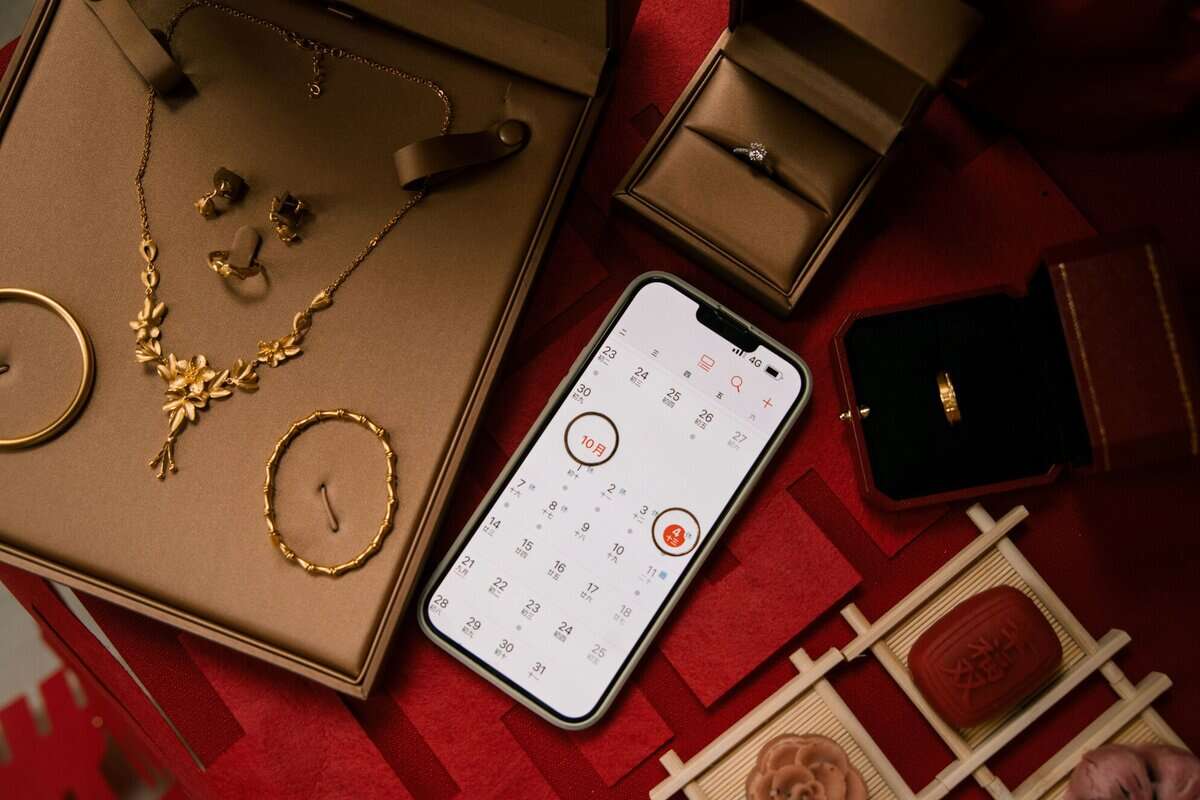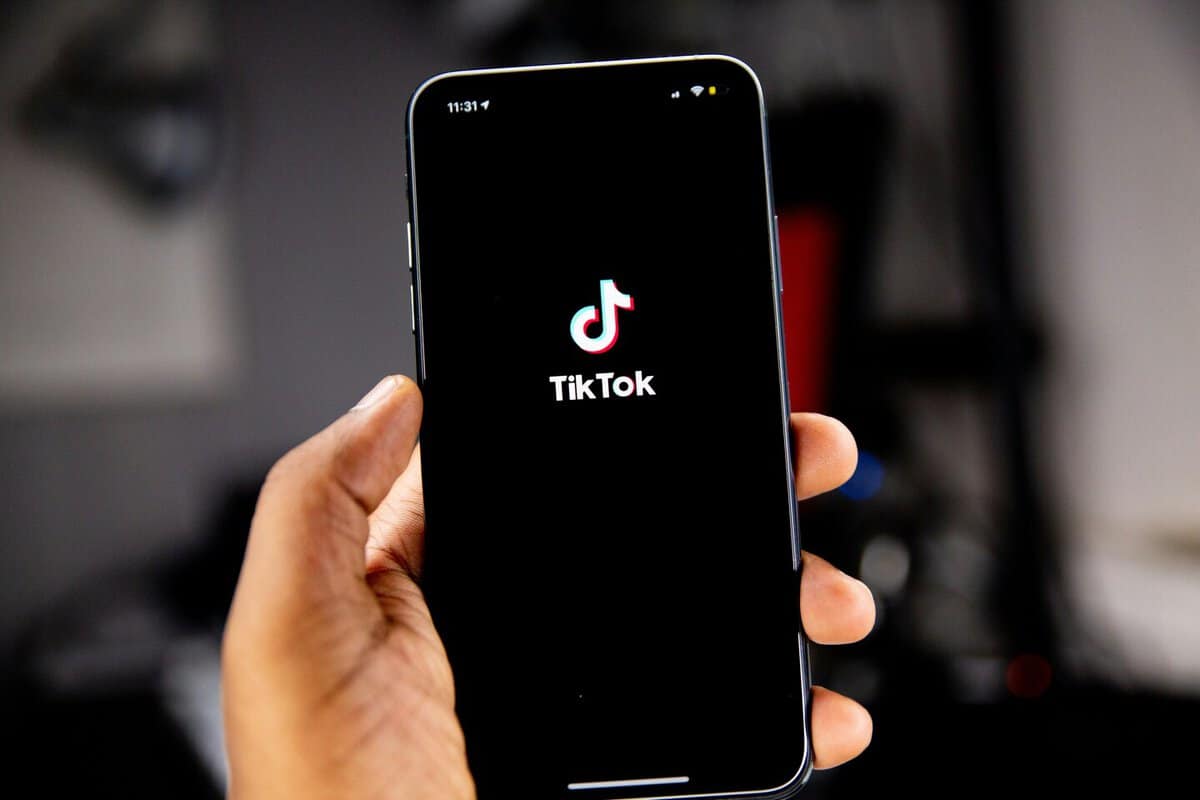When ADHD is part of your relationship, things can feel a bit more complicated.
It brings unique challenges, like forgetfulness, impulsivity, or difficulty focusing, but it doesn’t mean love isn’t possible; far from it.
All it takes is patience, understanding, and some practical strategies to build a strong, loving connection.
Let’s explore some of the most common relationship hurdles with ADHD, as well as the proven hacks to help you navigate them!
1. ADHD’s Impact on Relationships
ADHD affects how people process information, manage time, and regulate their emotions, which can easily create misunderstandings – especially in romance.
Forgetfulness might come off as a lack of care; impulsivity could lead to rash decisions, and difficulty focusing makes one seem disinterested.
Recognizing these as symptoms, not flaws, helps you develop patience.
It can also cause emotional highs and lows, making communication tricky at times.
It’s essential to learn about how ADHD influences behavior so you won’t take these things personally.
Open conversations, empathy, and education are your best tools here.
It’s much easier to create a supportive environment when both partners understand what’s necessary.
2. Routines and Reminders
People with ADHD often thrive on structure, yet daily routines can be tricky to establish.
Implementing simple, consistent routines can make a massive difference.
Use visual clues like sticky notes or digital reminders; think alarms for important dates or chores. It’s best to fazer these schedules together, so you’re both invested and aware.
For example, setting a weekly date night or check-in time helps keep the relationship a priority even when you’re busy or distracted.
It’s important to be a bit flexible, as these routines might require some adjusting from time to time.
The goal is to reduce forgetfulness by creating predictability that eases your anxiety.
Rotinas foster stability, which makes it much easier to connect and trust one another.
3. Clear and Compassionate Communication
Communication can feel like walking a tightrope with ADHD; what’s clear and obvious for one person might be confusing to another.
Practice speaking honestly but kindly, and try to avoid criticism when possible.
It’s also a good idea to break down complex conversations into smaller points so neither of you gets overwhelmed.
Active listening is also vital; it’s advised to nod and show the other person you’re present and listening to them.
If your partner has ADHD, it’s possible that they’ll get distracted or forget some details, and it’s very important to show them some grace here.
Creating a space for open communication builds trust and reduces misunderstandings.
4. Limiting Distractions When It Matters
ADHD brains are easily distracted, and they can drift away during serious conversations or when you’re just trying to spend some quality time together.
To make these moments count, minimize external distractions.
Turn off phones or put them away during date nights. Choose a quiet, cozy environment for important discussions, and try to make sure there are no interruptions.
If they do get distracted, gently remind them to focus. Visual clues can also help them stay on track.
Of course, it’s also their responsibility to try and limit distractions that they know they won’t resist.
Quando both partners make an effort, it helps keep the relationship strong and ensures you both feel seen.
5. Flexibility and Patience
Patience is the number one thing when dealing with ADHD in any context. Plans may change last minute, or their forgetfulness might cause a delay.
It’s crucial to be flexible and accept that these things will sometimes happen.
Remind yourself that your partner’s intentions are good, even if they do seem inconsistent. They’re not doing any of it on purpose.
Over time, patience and flexibility help reduce stress and reinforce your commitment.
Love isn’t about perfection. It’s about navigating life’s ups and downs together.
6. External Support
Technology can be a lifesaver for ADHD couples.
Utilização apps for calendars, task management, or reminders – like shared to-do lists or appointment alerts.
Consider seeking support from therapists who specialize in ADHD or couples counseling that recognizes your unique situation.
Joining support groups can also provide validation and practical advice from people who get it.
Professional guidance can help you develop personalized strategies that fit your relationship.
There’s no reason to be afraid of asking for help. With the right tools and resources, you can turn your challenges into opportunities.
7. Celebrating Your Differences
Every person has their unique strengths, and some would say this especially goes for people with ADHD.
Their unique creativity, hyper-focus, or passion can become the things that enrich your relationship.
This condition can actually bring things to the table; it doesn’t only complicate relationships.
Maybe your partner’s spontaneity sparks adventures or makes you more active. Recognizing these qualities fosters appreciation and mutual respect.
When love is rooted in acceptance, both partners feel valued and empowered, making the relationship more resilient.
8. Self-Care and Mutual Support
Managing ADHD in a relationship can be draining, so taking care of yourself is crucial.
Good sleep, exercise, and consistent routines can help charge your emotional batteries.
It’s also easier when partners support each other as a team, celebrating successes and feeling free to vent when they’re overwhelmed.
Establishing boundaries is also very important in order to prevent burnout.
When both partners prioritize well-being, it creates a stronger foundation of trust and compassion.
A little Aquarius, devoted to writing and embroidery. Through my writing, I hope to empower readers to align with their true selves and navigate life’s mysteries with confidence.









